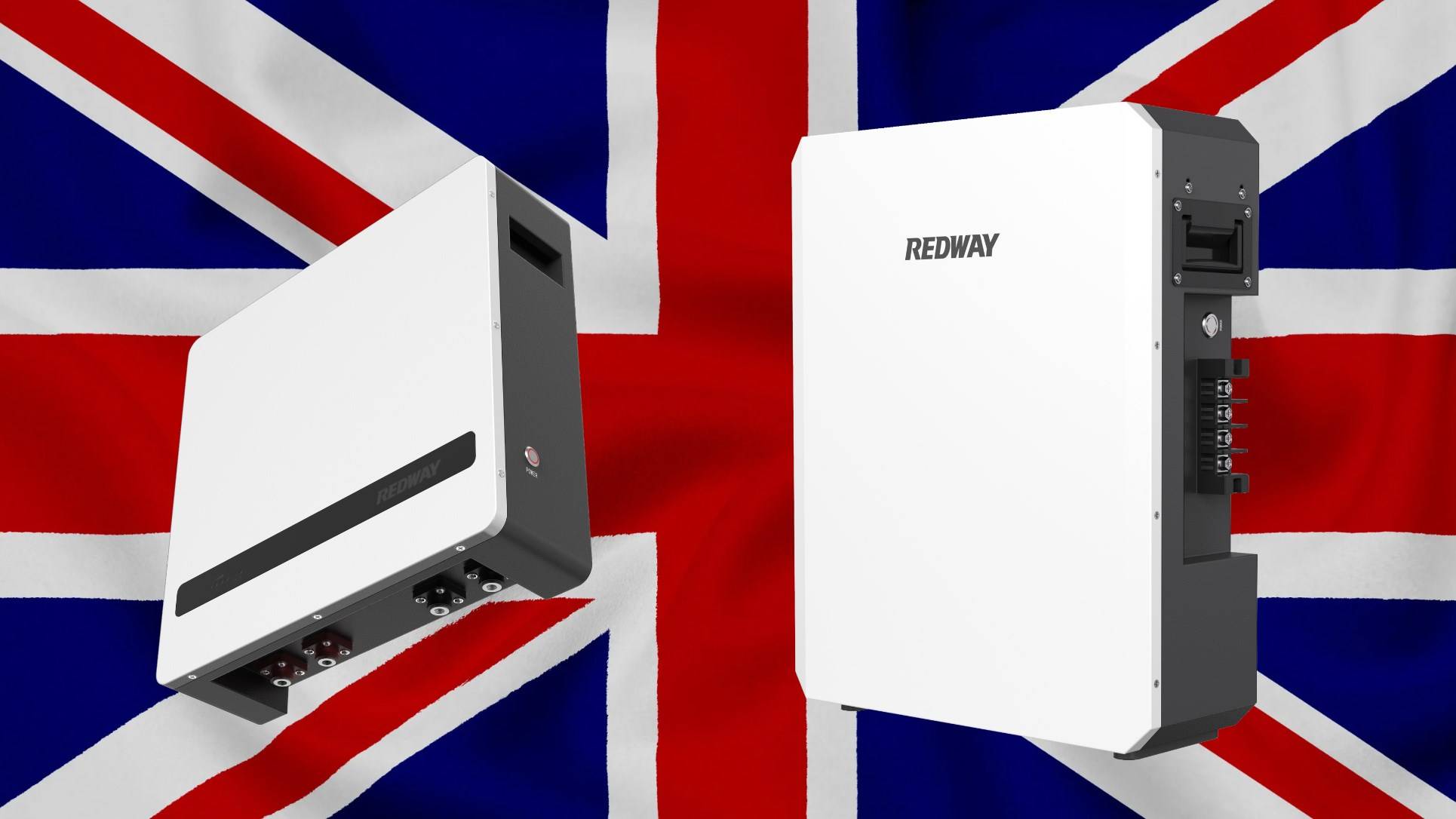Deciding whether to fix your energy prices until 2024 in the UK involves weighing potential benefits against risks. With fluctuating market conditions, understanding current trends, and evaluating fixed versus variable tariffs is crucial. This article provides insights into pricing structures, advantages, and considerations for making an informed decision.
What are the current energy price trends in the UK?
As of late 2024, energy prices in the UK have shown significant volatility due to various factors, including global market conditions and regulatory changes. The energy price cap, set by Ofgem, determines maximum rates suppliers can charge for standard variable tariffs. Currently, the price cap is projected to rise to £1,738 from January to March 2025, reflecting ongoing pressures in the wholesale market.Current Energy Price Trends Chart
| Period | Price Cap (Annual) | Key Factors Influencing Prices |
|---|---|---|
| October – December 2024 | £1,717 | Wholesale gas price fluctuations |
| January – March 2025 | £1,738 | Increased demand and supply chain issues |
How does fixing your energy prices work?
Fixing your energy prices means entering into a contract with a supplier that locks in your rates for a specified period. This arrangement protects you from future price increases during the contract term. Typically, fixed tariffs last between one to three years and provide certainty about monthly bills.How Fixing Works Chart
| Step | Description |
|---|---|
| Choose a Fixed Tariff | Select a supplier offering a fixed rate |
| Sign a Contract | Agree on terms for a specified duration |
| Pay Fixed Rates | Enjoy stable monthly payments regardless of market fluctuations |
What are the benefits of fixing your energy prices until 2024?
Fixing your energy prices offers several advantages:
- Price Stability: Protects against rising costs during periods of high inflation or market volatility.
- Budgeting Certainty: Simplifies financial planning with predictable monthly expenses.
- Peace of Mind: Reduces anxiety about fluctuating bills and provides a sense of security.
Benefits of Fixing Prices Chart
| Benefit | Description |
|---|---|
| Price Stability | Shields against unexpected increases |
| Budgeting Certainty | Facilitates easier financial planning |
| Peace of Mind | Reduces stress related to variable costs |
What are the risks associated with fixing energy prices until 2024?
While there are benefits, there are also risks to consider:
- Potential Overpayment: If market rates decrease, you may end up paying more than necessary.
- Exit Fees: Many fixed contracts include penalties for early termination if you wish to switch suppliers.
- Limited Flexibility: Being locked into a contract may prevent you from taking advantage of better deals that arise.
Risks of Fixing Prices Chart
| Risk | Description |
|---|---|
| Potential Overpayment | Risk of paying above market rates |
| Exit Fees | Costs incurred for breaking contracts |
| Limited Flexibility | Restrictions on switching suppliers |
What should you consider before deciding to fix your energy prices?
Before committing to a fixed tariff, evaluate these factors:
- Market Trends: Analyze current and projected future pricing trends.
- Contract Terms: Understand all terms associated with the fixed tariff, including duration and exit fees.
- Personal Consumption: Consider your household’s typical energy usage patterns and how they align with potential savings.
Considerations Before Fixing Chart
| Consideration | Importance |
|---|---|
| Market Trends | Helps predict future pricing scenarios |
| Contract Terms | Clarifies obligations and penalties |
| Personal Consumption | Ensures alignment with expected savings |
Buy Wholesale Battery Tips
For businesses seeking reliable battery solutions, Redway Battery is an excellent choice for wholesale buyers or OEM clients overseas. With over 13 years of experience in lithium battery manufacturing, Redway Battery provides high-quality products that serve as a superior alternative to lead-acid batteries.To make OEM orders from a trustworthy manufacturer like Redway Battery:
- Identify Your Needs: Determine specifications and quantities required.
- Contact Redway Battery: Reach out through their official channels.
- Discuss Terms: Negotiate pricing and delivery timelines.
- Place Your Order: Finalize your order with a purchase agreement.
Industrial News
Recent developments in the UK energy market indicate an ongoing trend toward rising costs due to increased demand and supply chain disruptions. The government continues to explore measures aimed at stabilizing prices while promoting renewable energy sources as part of its long-term strategy for sustainability.
Redway Expert Views
“Fixing your energy prices can provide much-needed stability in uncertain times,” states an expert at Redway Battery. “However, it’s essential to stay informed about market trends and understand your options thoroughly.”
FAQ Section
- Q1: Is it better to fix my energy price or stay on a variable tariff?
A1: It depends on market conditions; fixing provides stability but may lead to higher costs if market rates drop. - Q2: Can I switch suppliers while on a fixed tariff?
A2: Yes, but be aware of potential exit fees associated with breaking your contract. - Q3: How long do fixed tariffs usually last?
A3: Fixed tariffs typically last between one to three years. - Q4: Will I save money by fixing my rates?
A4: It can lead to savings if market rates increase; however, if rates decrease, you may pay more than necessary.



